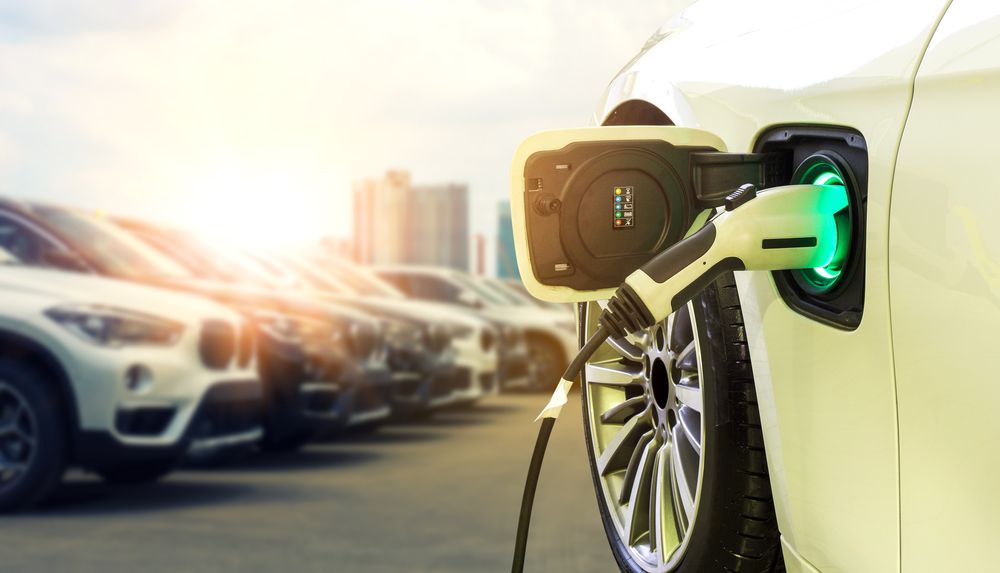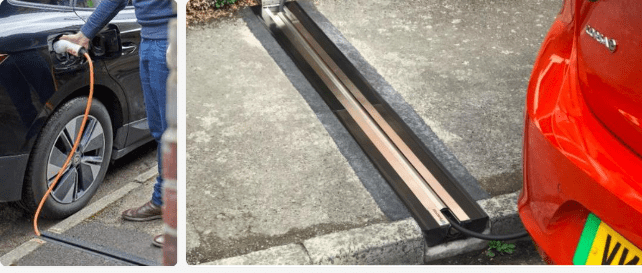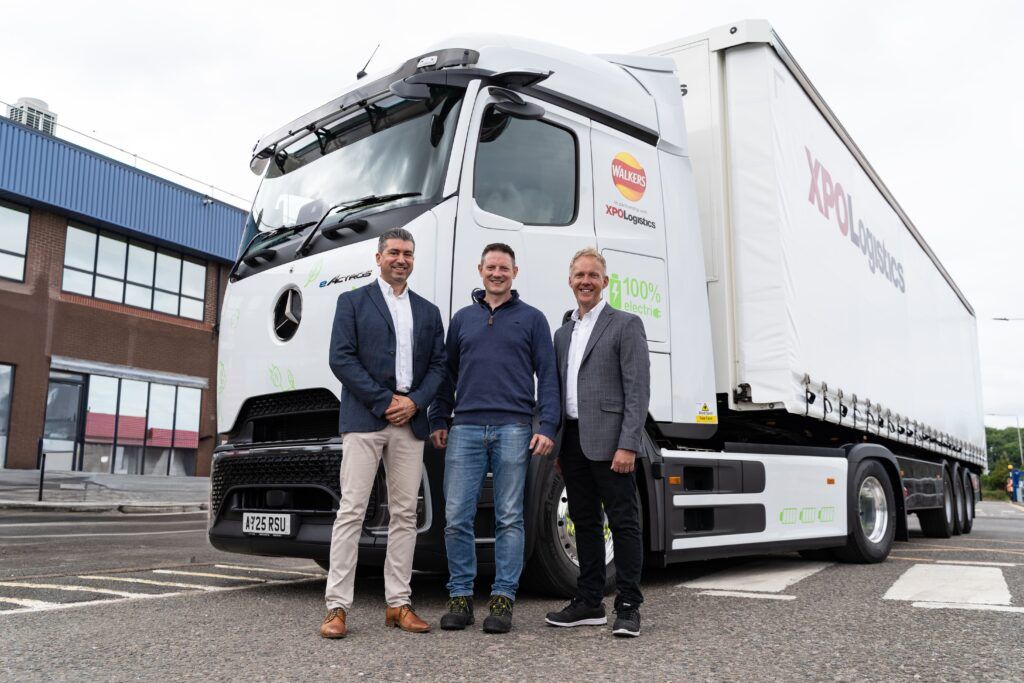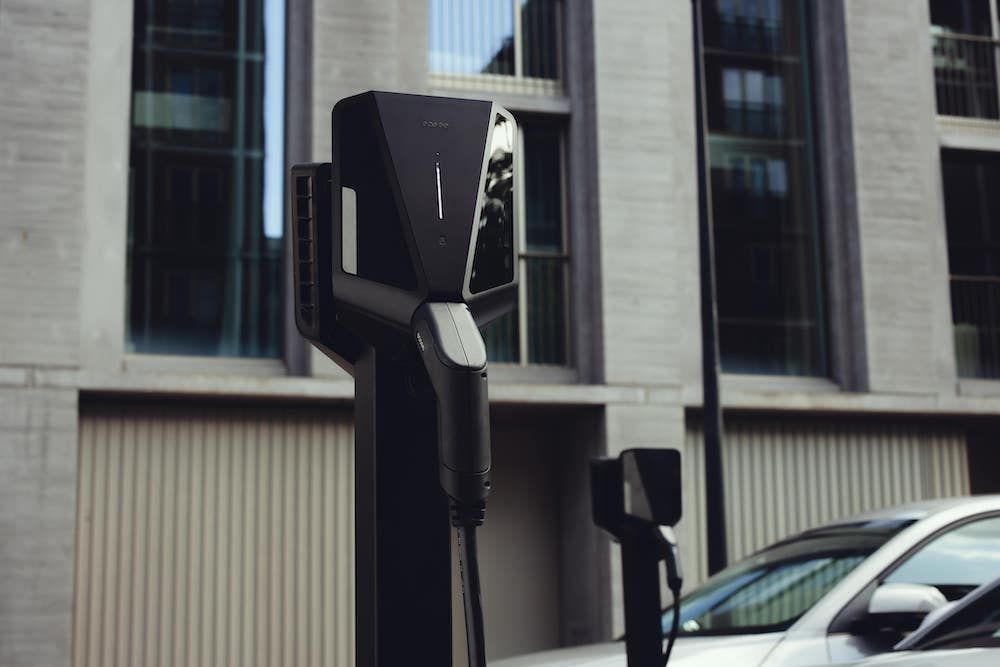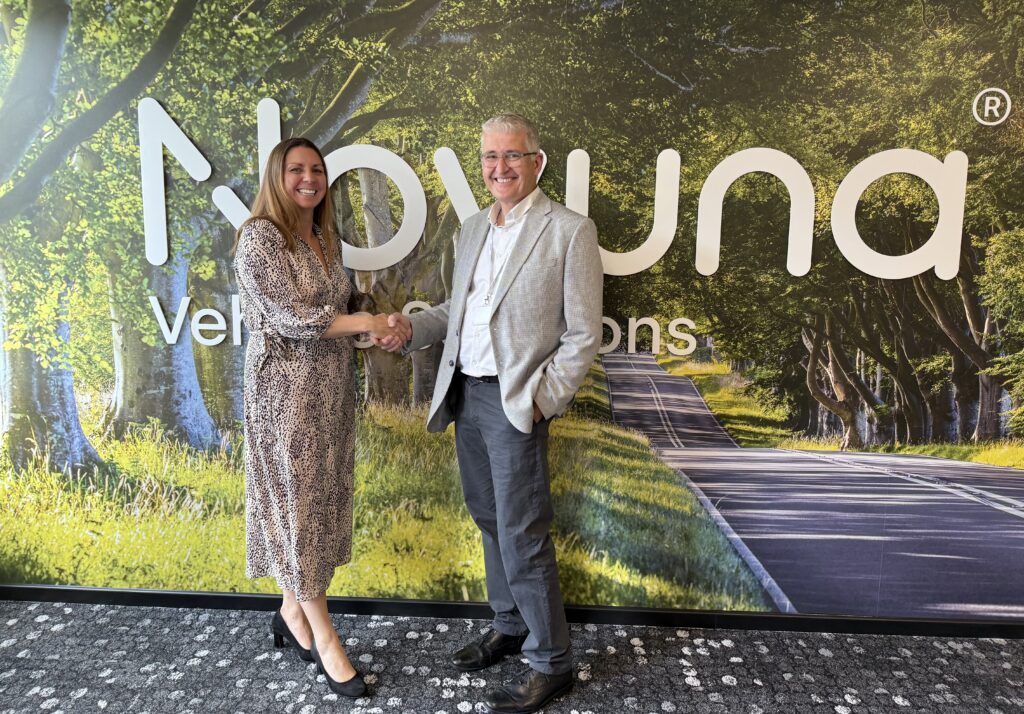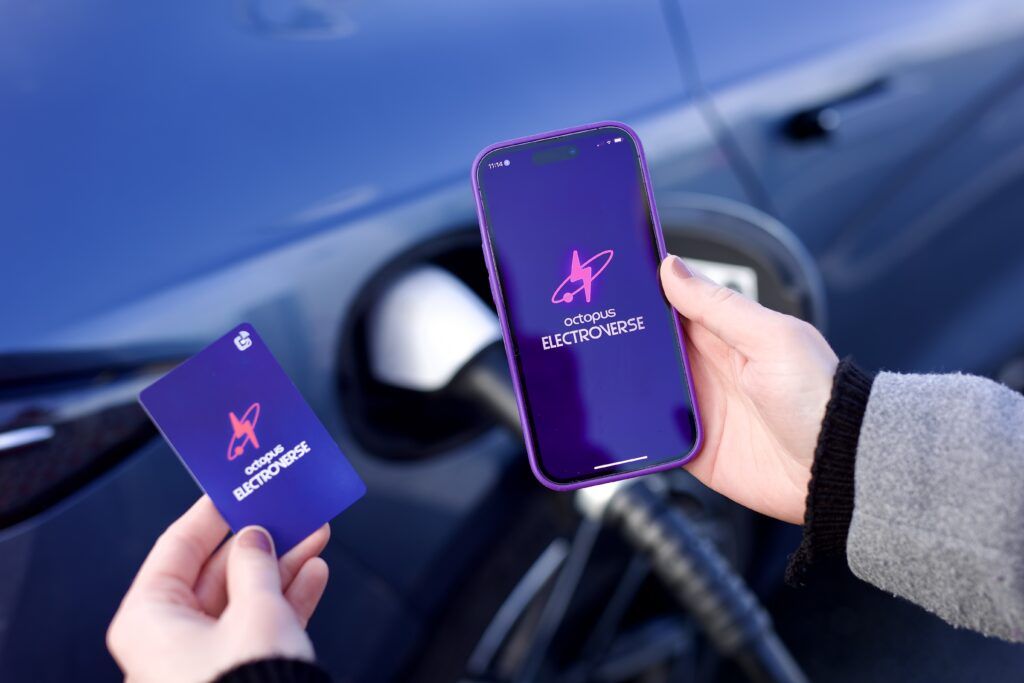According to data from the Society of Motor Manufacturers and Traders (SMMT), September was the best month ever for new electric vehicle sales.
With a market share of 15.2%, 32,721 battery electric vehicles (BEVs) joined the road in September, reflecting the wide range of models now available and growing consumer appetite.
September performance was just over 5,000 shy of the total number registered during the whole of 2019.
Plug-in hybrid (PHEV) share also grew to 6.4%, meaning more than one in five new cars registered in September was zero-emission capable.
Meanwhile, hybrid electric vehicles (HEVs) grew their overall market share from 8.0% in 2020 to 11.6%, with 24,961 registered.
However, the UK new car market recorded its weakest September since 1998 ahead of the introduction of the two-plate system in 1999.
Some 215,312 cars were registered in the month, a -34.4% fall on September 2020, when pandemic restrictions were significantly curtailing economic activity.
September is typically the second busiest month of the year for the industry, but with the ongoing shortage of semiconductors impacting vehicle availability, the 2021 performance was down some -44.7% on the pre-pandemic ten-year average
Mike Hawes, SMMT Chief Executive, said: “This is a desperately disappointing September and further evidence of the ongoing impact of the Covid pandemic on the sector. Despite strong demand for new vehicles over the summer, three successive months have been hit by stalled supply due to reduced semiconductor availability, especially from Asia.
“Nevertheless, manufacturers are taking every measure possible to maintain deliveries and customers can expect attractive offers on a range of new vehicles.
Despite these challenges, the rocketing uptake of plug-in vehicles, especially battery electric cars, demonstrates the increasing demand for these new technologies.
“However, to meet our collective decarbonisation ambitions, we need to ensure all drivers can make the switch – not just those with private driveways – requiring a massive investment in public recharging infrastructure. Chargepoint roll-out must keep pace with the acceleration in plug-in vehicle registrations.”
Industry reaction:
Melanie Shufflebotham, COO & Co-founder of Zap-Map, said: “Today’s datasets not only show that more people are buying EVs than ever before, but that investment in public charging infrastructure is beginning to show real benefits for those choosing to make the switch.
“With these key advances to en route and base charging, EV drivers are increasingly able to get out and about for business as usual. While some issues remain on the reliability of older chargers, the new generation of ultra-rapid chargers and charging hubs not only provides a great opportunity for a quick charge, but also peace of mind for EV drivers depending on their next stop off.”
Peter Barnes, partner and Head of Automotive at global legal business DWF, said: “The UK new car market has recorded the most disappointing September since 1998, with 215,312 cars registered in the month, a -34.4% fall on September 2020. Despite a resurgence over the past few months, worldwide semiconductor availability has certainly impacted the market overall.
“However, whilst the nation faced queues at the fuel pumps, September was perhaps unsurprisingly the best month ever for new battery electric vehicle (BEV) uptake, with 32,721 BEVs taking to the road in the month. Plug-in hybrid (PHEV) share also grew to 6.4%, meaning more than one in five new cars registered in September was zero-emission capable.
“With electric vehicles having driven the market in September, the industry must make sure that the charge point infrastructure is keeping pace, particularly when user demand will naturally see individuals using their vehicles for longer and longer journeys.”
Image: Shutterstock



